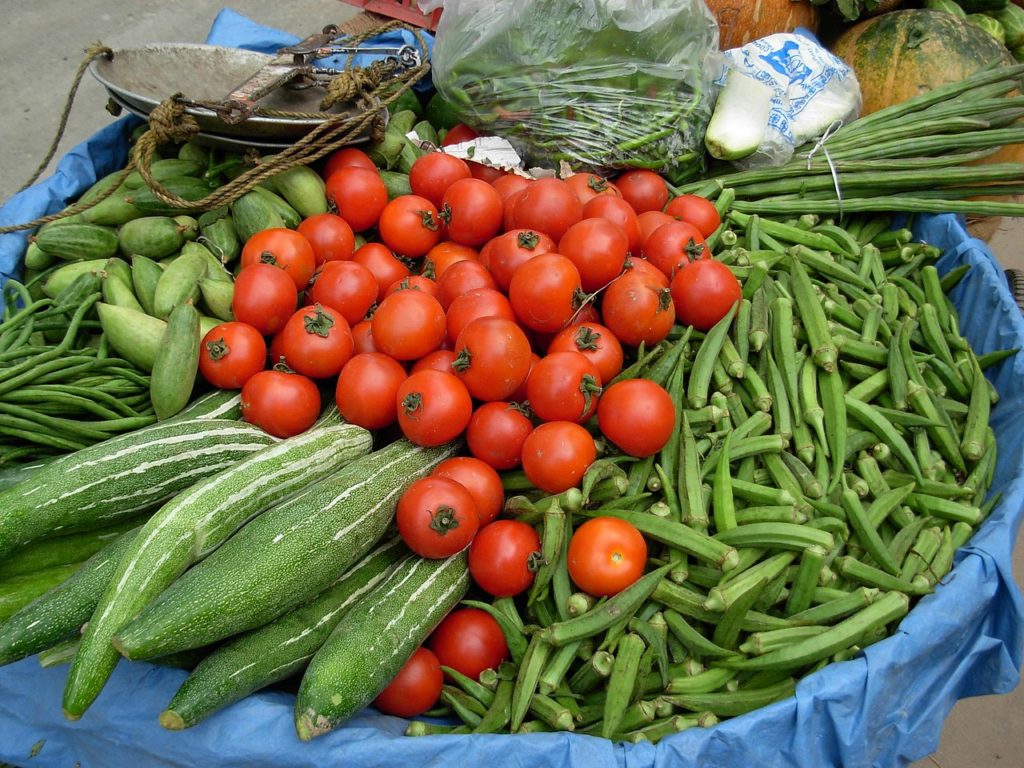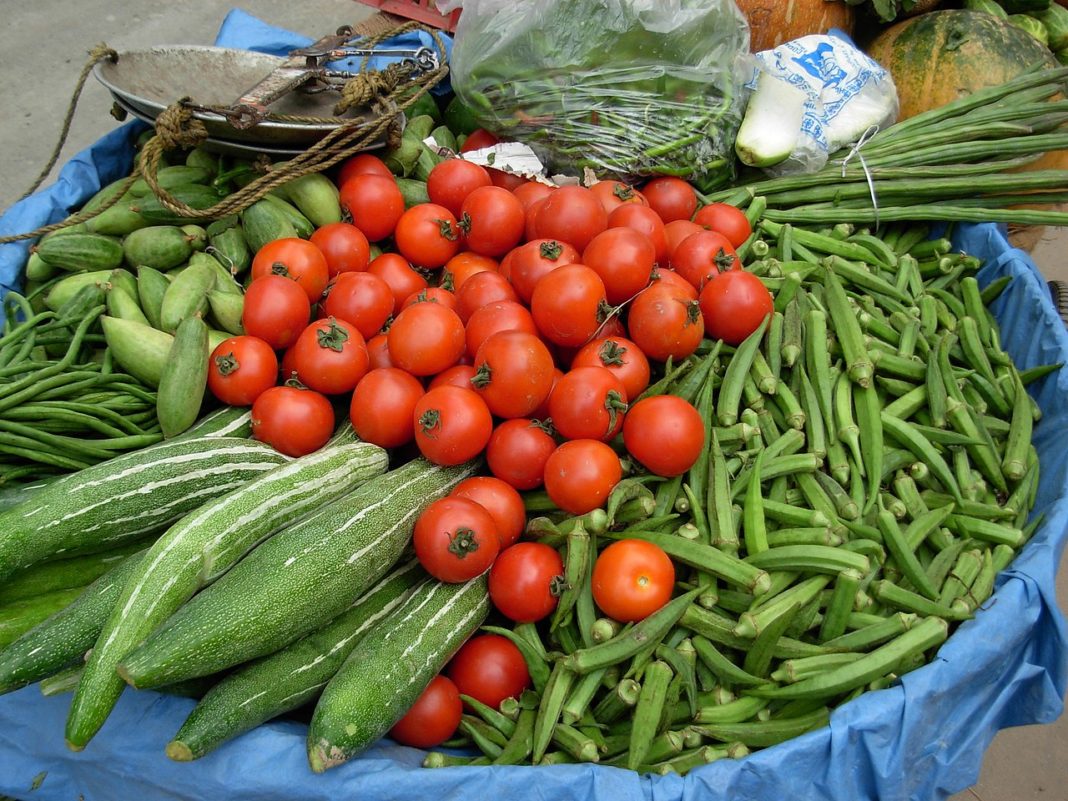The city of Rio de Janeiro is working with local favelas to build what organizers say will be the biggest urban garden in the world, as part of a government-funded initiative known as “Hortas Cariocas” intended to popularize the consumption of organic produce and provide a source of income to disadvantaged families.

Once completed, the urban garden will span several surrounding favelas connected by a green strip of land alongside the Madureira Mestre Monarco Park, located in the north zone of the city, including the communities of Cajueiro, Palmeirinha, Serrinha, Buriti, and Faz-Quem-Quer. The green corridor will be formed between the communities of Madureira and Guadalupe. When the expansion is finished, the garden will be as large as 15 soccer fields.
Up to 100,000 families will eventually benefit from the project every month, according to Julio Cesar Barros, the founder of Hortas Cariocas and director of agroecology organic gardening for Rio de Janeiro’s municipal environment agency.
Seed by seed, Hortas Cariocas has grown considerably since it was created in 2006: It now has 56 active community gardens, of which 29 are located in favelas and 27 in schools across the city. About 50,000 families are already involved with the project, which serves as a source of fresh food for some and income for others.
This year, the goal is to produce 80 tons of food across all 56 gardens, according to William Fernandes Souza, who works at Madureira Park. Once the project is completed, he expects production will double. The need is acute: More than 33 million Brazilians are facing hunger.
Besides encouraging the community to grow organic produce, the project also created jobs and generated income for those who needed it the most.
According to bloomberg















